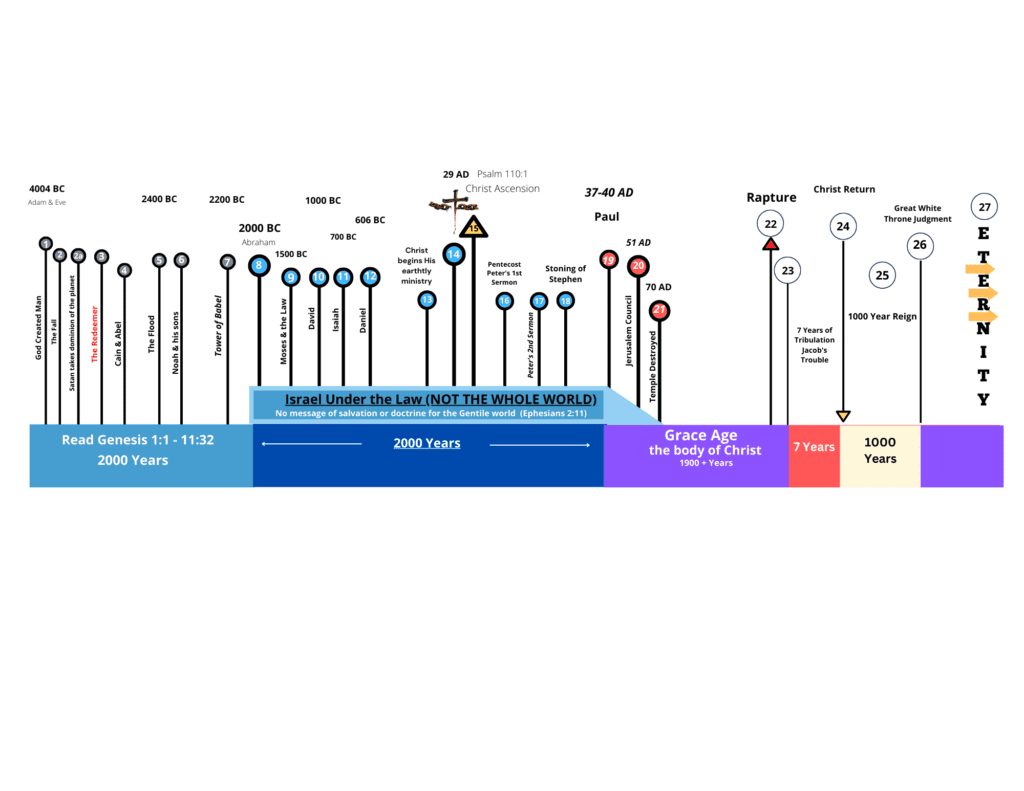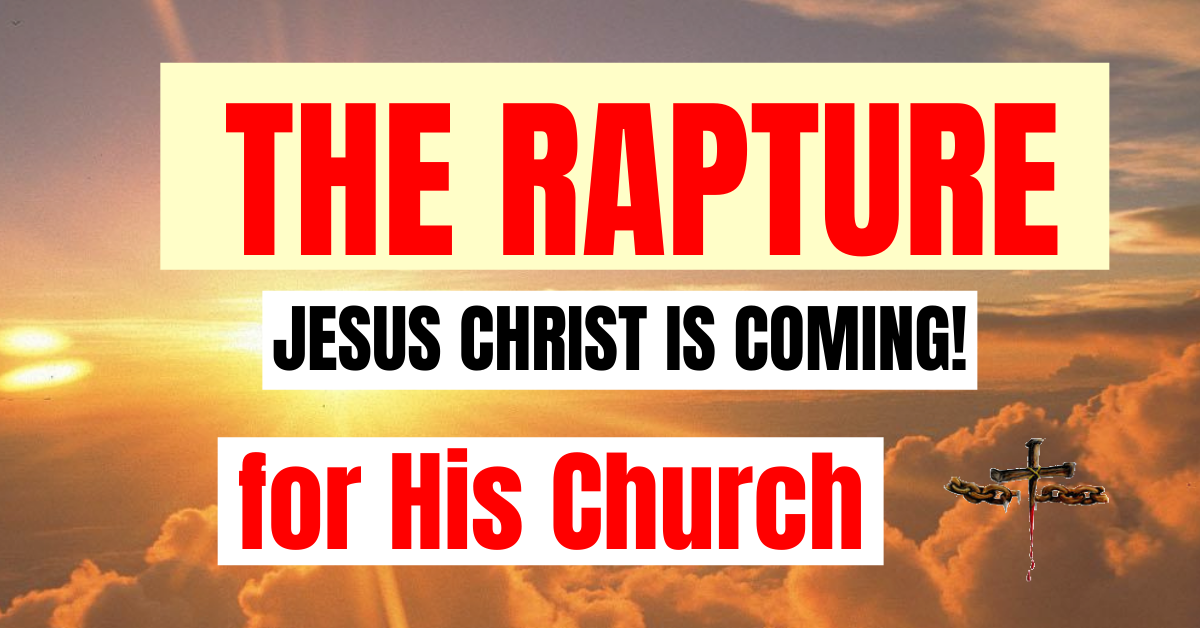Understanding the Biblical Foundation of the Rapture: Setting the Record Straight
Introduction
In discussions about end-time events, confusion often arises regarding the concept of the rapture, particularly its distinction from the second coming of Jesus Christ. With varying interpretations and opinions circulating, it’s essential to ground our understanding in the clear teachings of Scripture. Let’s delve into the biblical foundation of the rapture, clarifying its significance and distinguishing it from Christ’s second coming.
The Rapture: A Defining Moment
Firstly, it’s crucial to recognize that the rapture of the body of Christ is a biblically attested event distinct from the second coming of Jesus Christ. While both events involve the return of Christ, they serve different purposes and occur at different times within God’s prophetic timeline.
Understanding the Rapture:
The rapture, as outlined in Scripture, refers to the moment when Jesus Christ returns in the clouds to gather His saints—believers who have embraced the gospel of grace through faith alone (1 Thessalonians 4:16-17). This event involves the transformation and catching up of both deceased believers, whose souls and spirits will be reunited with glorified bodies, and living believers, who will be instantaneously transformed to meet the Lord in the air.
Scriptural Support:
The biblical basis for the rapture is firmly established in passages such as 1 Thessalonians 4:13-18 and 1 Corinthians 15:51-53, where the apostle Paul provides clear descriptions of this event. These passages emphasize the imminence of the rapture and its comforting assurance for believers, assuring them of their eternal destiny with the Lord.
Distinguishing the Rapture from the Second Coming
It’s essential to differentiate between the rapture and the second coming of Jesus Christ. While the rapture involves Christ’s coming for His saints to gather them to Himself in the air, the second coming entails His return to earth bodily, where He will establish His reign and rule over the earth (Zechariah 14:4).
The Timing and Sequence
Furthermore, the timing and sequence of these events differ significantly. The rapture is a pre-tribulational event, occurring before the onset of the 7-year tribulation period, while the second coming transpires at the culmination of the tribulation when Christ returns to earth to defeat His enemies and establish His millennial kingdom.
Clarity Amidst Controversy
In navigating discussions about the rapture, it’s crucial to maintain clarity and humility, recognizing that sincere believers may hold differing views on eschatological matters. However, we must anchor our understanding in the authoritative teachings of Scripture, allowing God’s Word to guide our interpretation and perspective.
Conclusion
In conclusion, the rapture of the body of Christ is a biblically attested event with distinct characteristics and timing. As believers, let us approach discussions about the rapture with humility, seeking clarity and understanding from God’s Word. May our discernment be guided by the Holy Spirit as we anticipate the blessed hope of Christ’s imminent return to gather His saints unto Himself.


0 Comments